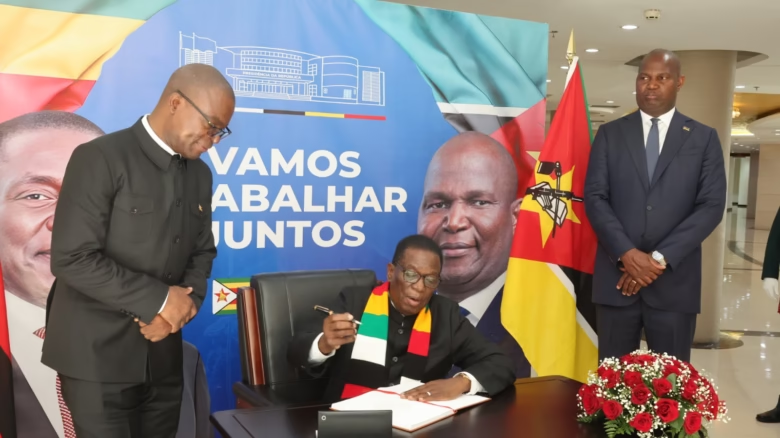
Zimbabwe is setting a global precedent in wildlife conservation with the launch of Wildlife Info, the world’s first WhatsApp chatbot designed to facilitate peaceful human-wildlife coexistence. This innovative tool, developed by Wild Africa in collaboration with ZimParks and supported by global organizations like Save the Elephants and Wildlife Conservation Action, represents a critical leap forward in tackling the human-wildlife conflict that has long affected communities in the country.
With Zimbabwe boasting one of the largest elephant populations in the world, alongside other potentially dangerous species such as lions, crocodiles, and hippos, human-wildlife conflict has been a pressing issue, particularly in rural areas where farming is prevalent. The chatbot comes as a timely solution, offering a wealth of information directly to those most at risk. By simply sending a message on WhatsApp, farmers, teachers, children, and even local leaders can access detailed guides on managing wildlife encounters, reducing crop damage, and protecting livestock from predators.
This AI-powered tool is not just about offering advice—it represents a game-changer in how communities interact with wildlife. The information provided by Wildlife Info empowers individuals to take control of their environment, enabling them to minimize risks while contributing to conservation efforts. By making this knowledge accessible to anyone with a mobile phone, Zimbabwe is equipping its citizens with the resources to live safely alongside wildlife without needing complex infrastructure.
The significance of this initiative extends beyond human-wildlife conflict management. It also serves as a platform for reporting wildlife crime and injured animals, directly linking communities to ZimParks, the authority responsible for wildlife protection in Zimbabwe. The seamless connection between local citizens and conservation authorities not only enhances rapid response but also fosters a collaborative approach to wildlife management, ensuring that conservation efforts are supported at the grassroots level.
The chatbot’s broad usability, from educating schoolchildren about wildlife to guiding farmers on safe agricultural practices, reflects Zimbabwe’s holistic approach to conservation. By catering to a wide audience, Wildlife Info is driving home the message that wildlife conservation is everyone’s responsibility, and with the right tools, coexistence is achievable.
Zimbabwe’s government, through its ongoing legislative efforts like the Parks and Wildlife Management Amendment Bill, which seeks to establish a Human-Wildlife Conflict Relief Fund, is further demonstrating its commitment to protecting both its people and wildlife. This fund aims to provide financial support to victims of wildlife encounters while fostering community participation in conservation. The introduction of such policies, alongside technological innovations like Wildlife Info, positions Zimbabwe as a leader in global conservation strategies.
The launch of Wildlife Info marks a significant milestone in leveraging technology for conservation, and Zimbabwe’s proactive approach in trialing this world-first initiative highlights its role as a trailblazer in finding solutions to human-wildlife conflict. By adopting a forward-thinking, inclusive, and technology-driven strategy, Zimbabwe is showing that peaceful coexistence between humans and wildlife is not only possible but can be mutually beneficial for both communities and the environment. As this tool is rolled out across the country, it sets a positive example for other nations facing similar challenges, reinforcing Zimbabwe’s standing as a pioneer in wildlife conservation.




